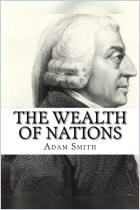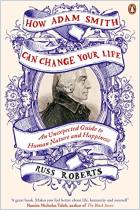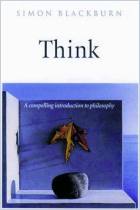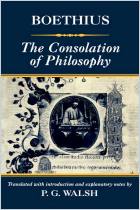
Adam Smith and the Virtues of Enlightenment
Read or listen offline
Recommendation
Put on your scuba gear - we’re diving down deep. Even though Charles L. Griswold, Jr. writes in a dense, academic style, it is worth swimming through his prose to learn about the remarkable work of 18th-century Enlightenment philosopher Adam Smith. Regarded as one of the fathers of modern economic thought, Smith has been misunderstood for the last century because his ethical philosophy has been overlooked. Instead, economists have drawn attention only to his thumbs-up for free enterprise and free trade. Smith believed neither was worthwhile without ethics, a point some modern economists might profitably revisit. getAbstract highly recommends this richly detailed, insightful book to anyone interested in economic, political, or social philosophy.
Take-Aways
About the Author
Charles L. Griswold, Jr. is a professor of philosophy at Boston University. He has published in a variety of fields, including ancient philosophy, the Scottish Enlightenment, and German idealism.

















Comment on this summary or Start Discussion